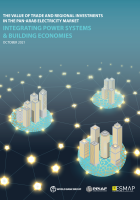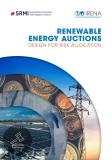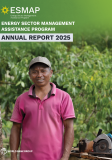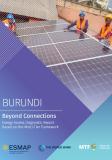Publications

Energy demand in Arab countries continues to grow at a higher rate than economic growth. Meeting national electricity demand and exploiting their significant renewable energy resources (particularly, solar and wind) in a sustainable manner is a common challenge across all Arab countries. A number of analyses have pointed out that such countries would benefit greatly from the increased integration of their power systems, and the resulting opportunities for electricity trade. This study quantifies the potential economic benefits that a Pan-Arab Electricity Market (PAEM) could bring if the countries across the Middle East and North Africa (MENA) were engaged in full electricity trade on a commercial basis. The World Bank’s Electricity Planning Model (EPM) was used to prepare the region’s least-cost capacity expansion and dispatch scenarios optimizing the regional power systems in the period 2018–2035.
World Bank. 2021. The Value of Trade and Regional Investments in The Pan-Arab Electricity Market: Integrating Power Systems and Building Economies. World Bank, Washington, DC. © World Bank. https://openknowledge.worldbank.org/handle/10986/36614 License: CC BY 3.0 IGO.



